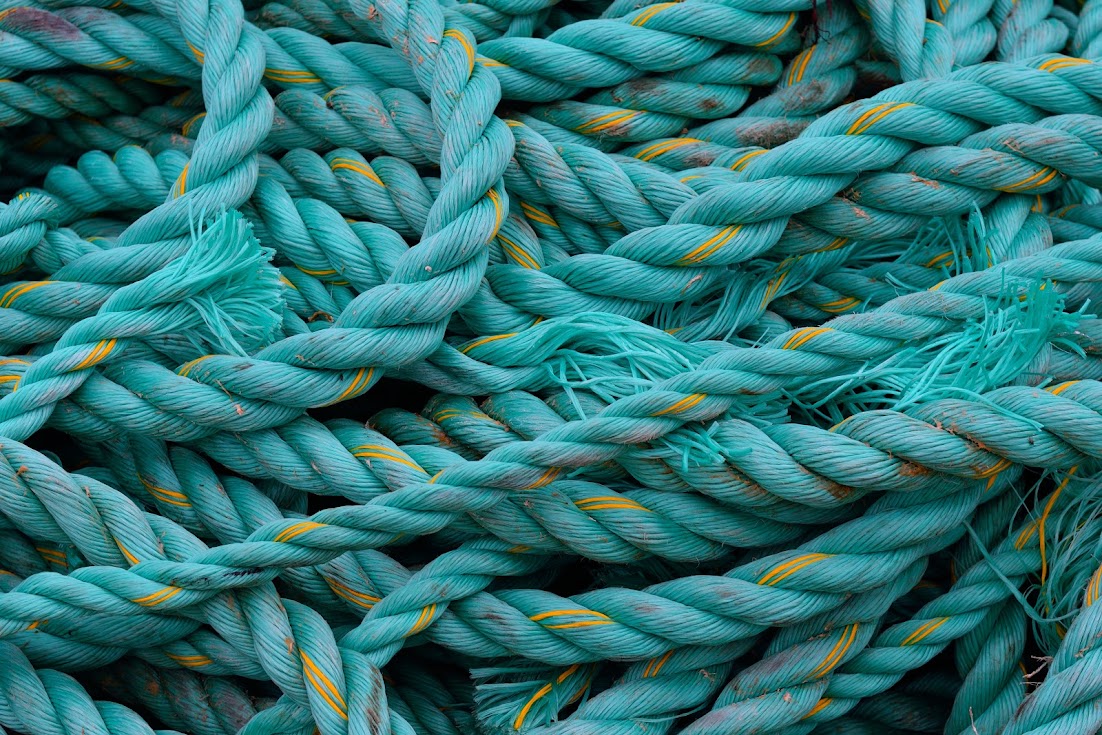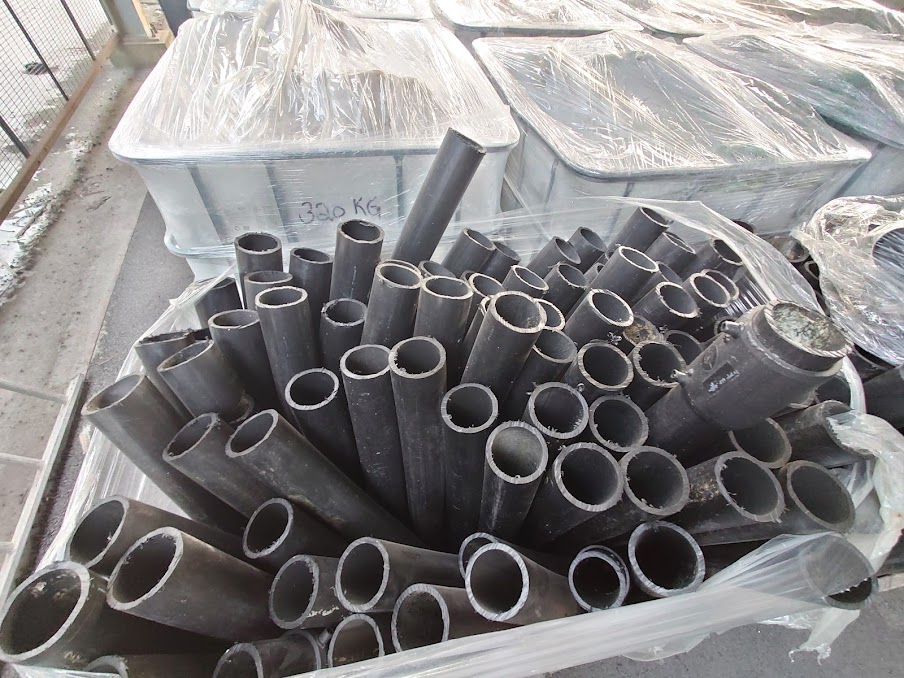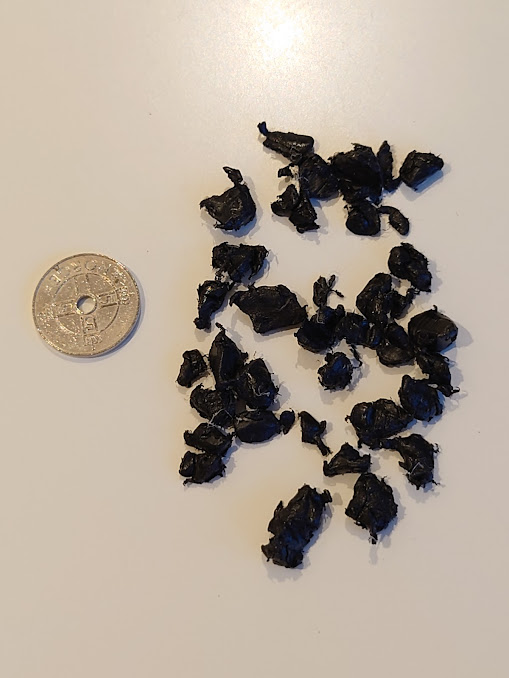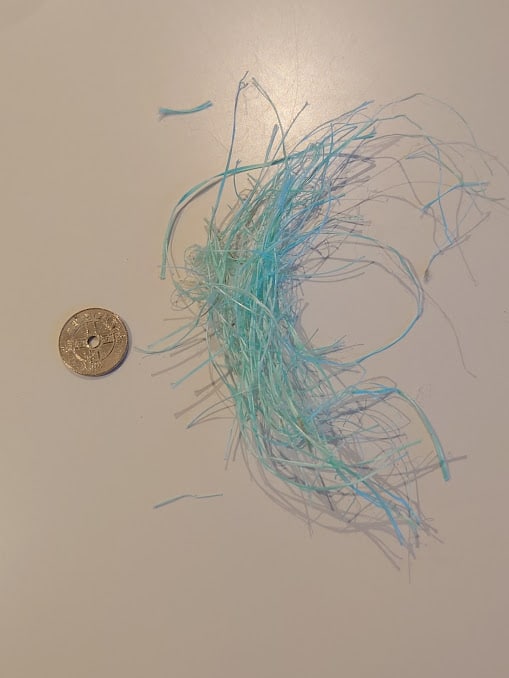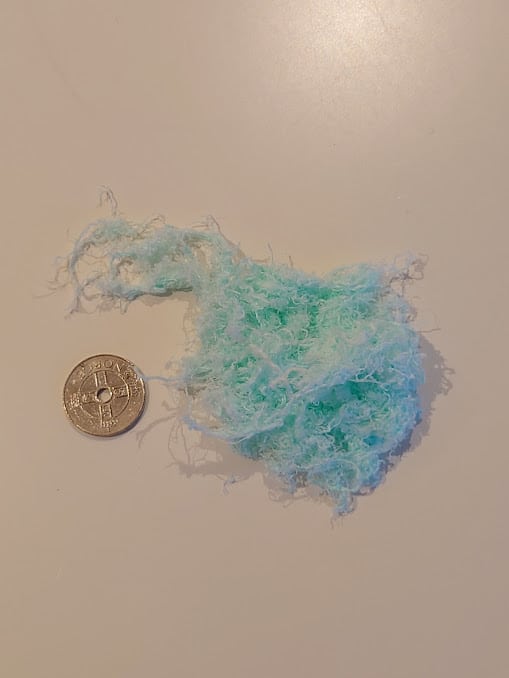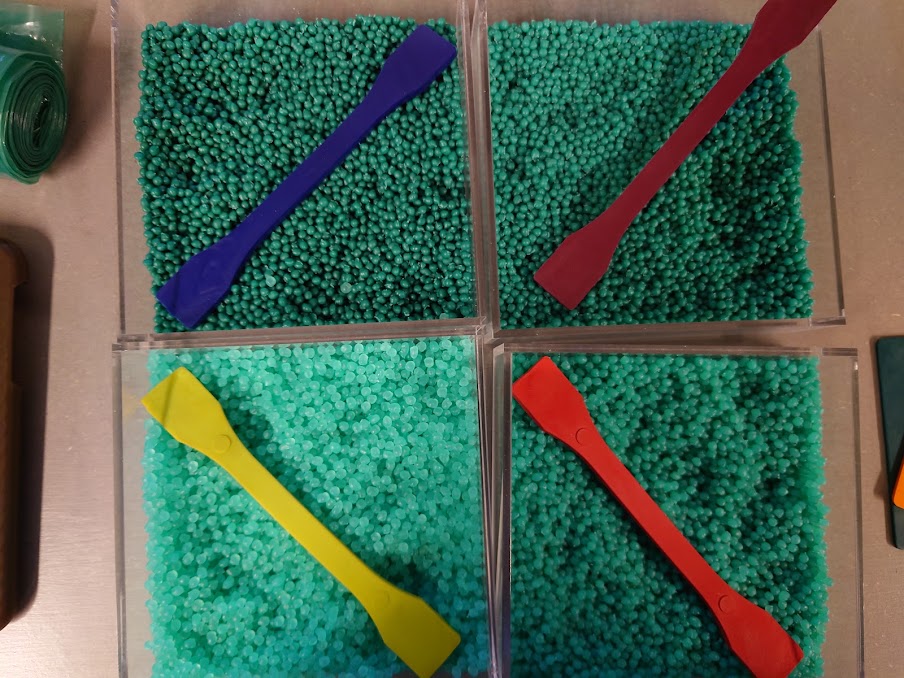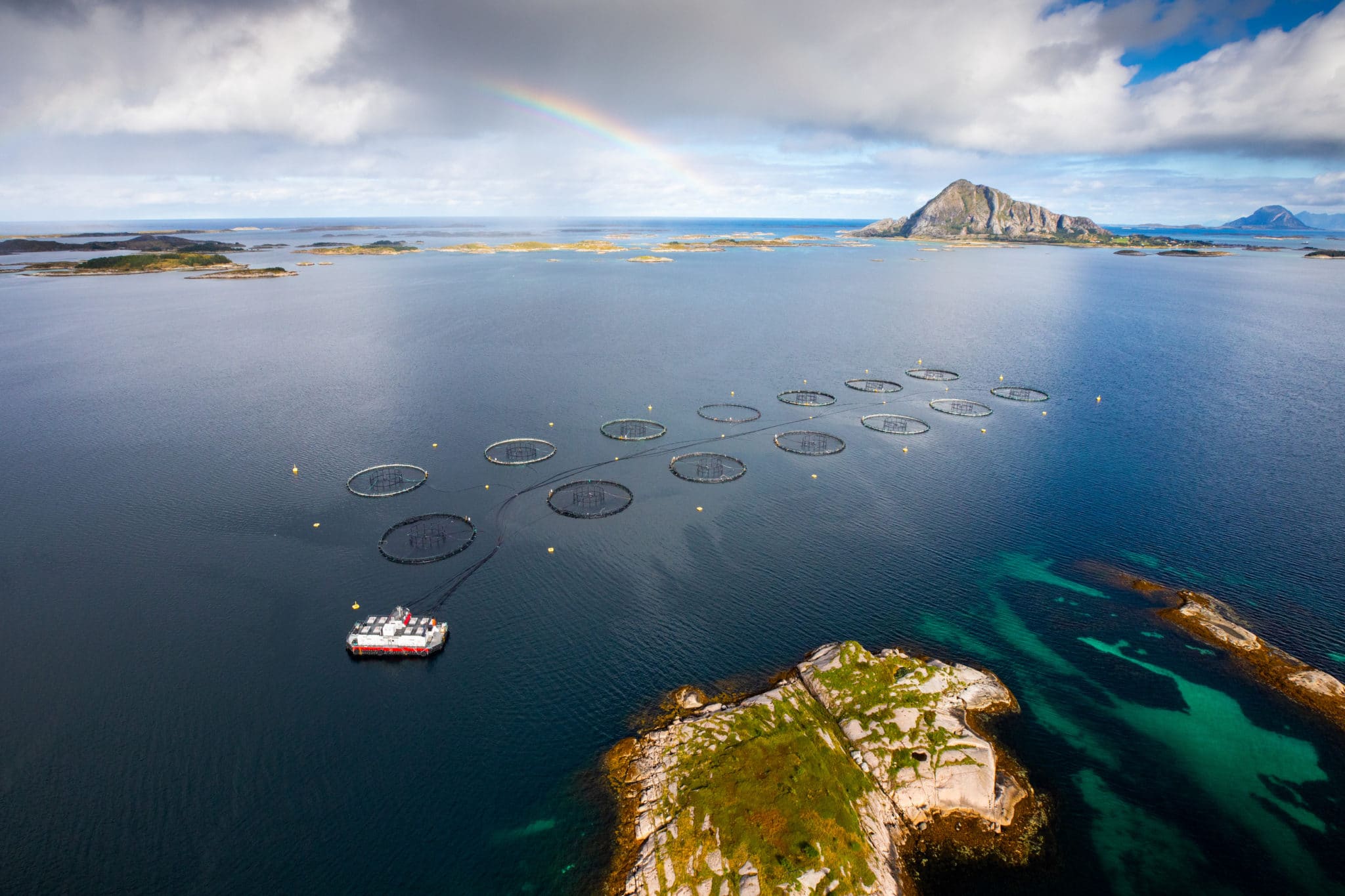Through the project, we are looking at the possibility of establishing an offshore plastic terminal that will receive, recycle and process up to 3,000 tonnes of plastic waste a year. If we succeed in the project, we will increase the recycling rate and potentially be able to reuse plastic waste for all time.
Background for the project
Nova Sea already started in 2018 with a preliminary project to investigate the possibilities of handling plastic waste in a more sustainable way. This was the start of Nordic Comfort Products’ (NCP) production of the S-1500 chair, made from 100% recycled plastic from rope. “S” means that the chair is designed by Snøhetta, and “1500” is the amount in grams of recycled plastic that is used to produce one chair.
Plastic does not have to be a problem if it is handled and used properly through the value chain. By recycling the plastic, it has been possible to replace the entire value chain from the oil refinery to finished processing. Recycling requires fewer steps, fewer processes and less energy compared to the production of new plastic.
Goals for the project
The primary goal is to handle the plastic waste in a more sustainable way, create added value for the used plastic and ensure that it is recycled and can be reused. In addition, the project will reduce our climate emissions, our use of natural resources and contribute to a more circular economy for plastics. Nova Sea has high ambitions that this can help create a closed loop for the plastic we as an industry use.
The sea plastic terminal
The project has the main focus on the plastic groups of ropes, feed hoses and cages because this is where the largest quantities are located. By establishing a local marine plastic terminal with a complete machine park, local and regional actors will be able to deliver the waste from these groups for recycling. The new marine plastic terminal will wash and granulate the plastic, where the recycled plastic pellets are the end product. The goal is for the terminal to be able to handle up to 3,000 tonnes of plastic a year and produce plastic pellets of the highest quality.
Status on the project
In the spring of 2021, planning began to carry out a test of a machine park. Ropes, feed hoses and parts of a cage ring were sent to Germany to test the material in a washing line. The pure material was then sent to Austria where the plastic was tested in a machine that granulates and melts the plastic into recycled plastic pellets. The results so far seem promising. Then the material will be sent to Nordic Comfort Product (NCP) at Hemnes, where they will carry out the very first test production of the S-1500 chair with recycled plastic treated and made in this way.
Support from the Research Council
In December 2020, we were granted a research project to investigate local circular value chains for recycling of plastics waste from the fish farming industry. The project is supported by the Research Council and is carried out by Sintef Helgeland. As part of a circular economy thinking, it is desirable to be able to increase the degree of material recycling, so that used plastic from the aquaculture industry can be reused. You can read more about the research project here.
Contact info
If you want more information about the project, you can contact:
Stian Amble
stian.amble@novasea.no
Leader of feed and sustainability in Nova Sea AS
